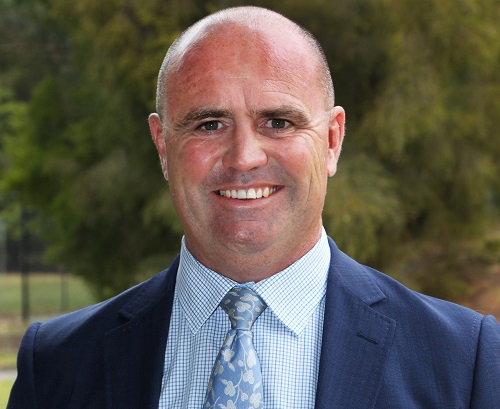
The latest report into principal health and wellbeing found almost half (45%) were threatened with violence in 2018, compared with 38% in 2011.
The report, released in February by the Australian Catholic University (ACU), also found that 99.7% of principals work hours far beyond those recommended for positive mental and physical health.
However, a ground-breaking program aimed at reversing these alarming trends has been seeing significant, and positive, results.
The research-based Flourish program – developed by Dr Adam Fraser in consultation with a leadership group from the Shellharbour Primary Principals’ Council – has achieved significant results, including a 56% increase in positivity at work and a 20% decrease in stress levels.
The program’s instigator, Bob Willetts, vice-president of the NSW Primary Principals Association (NSWPPA), said the program has had far broader reach and impact than initially intended.
“Principals have openly shared their learning with their teachers, students and communities. In many schools, health and wellbeing goals now form part of performance and development conversations,” Willetts told The Educator.
Willetts said he appreciates the support of the NSW Department of Education, which has continued to work closely alongside the principal associations to address the recommendations of the Australian Principal Occupational Health, Safety and Wellbeing Surveys.
“The Department has implemented strategies to reduce the administrative workload for principals and has provided $50m in additional resources in 2018 and 2019 for principals to use flexibly to support their role,” Willetts said.
‘A more balanced and positive outlook’
Susan Hilliar, a principal who has participated in the program said that she now feels more confident in herself and her capabilities within the role.
“I have a more balanced, positive outlook on my role as principal. I am happy to be alone and happy to hang out with my colleagues,” Hilliar said.
“I do not feel overwhelmed, isolated or vulnerable.”
Another principal, Rod White, said it is the qualitative feedback from individuals that really shows the benefits.
“This is by far the best professional and personal development I have been involved in,” he said.
One improvement not mentioned in the Deakin research but consistently sited by participants is their enhanced collegial relationships and shared practices, often resulting in comments siting that one of the best parts of the program were.
“The best parts of the program for me were the positive relationships I have formed with colleagues, and what I learned from them,” Katrina Eyland, another participating principal, said.
Principal Wayne Farquar said that the program has made him feel less stressed, more productive and more positive.
“My productivity has definitely increased. Because of my increased energy and more positive outlook, I feel I am better able to assist staff and students, leading to better student outcomes I’m sure,” he said.
The full version of this article can be read in The Educator Magazine's 5.1 issue, which hit desks this week.


